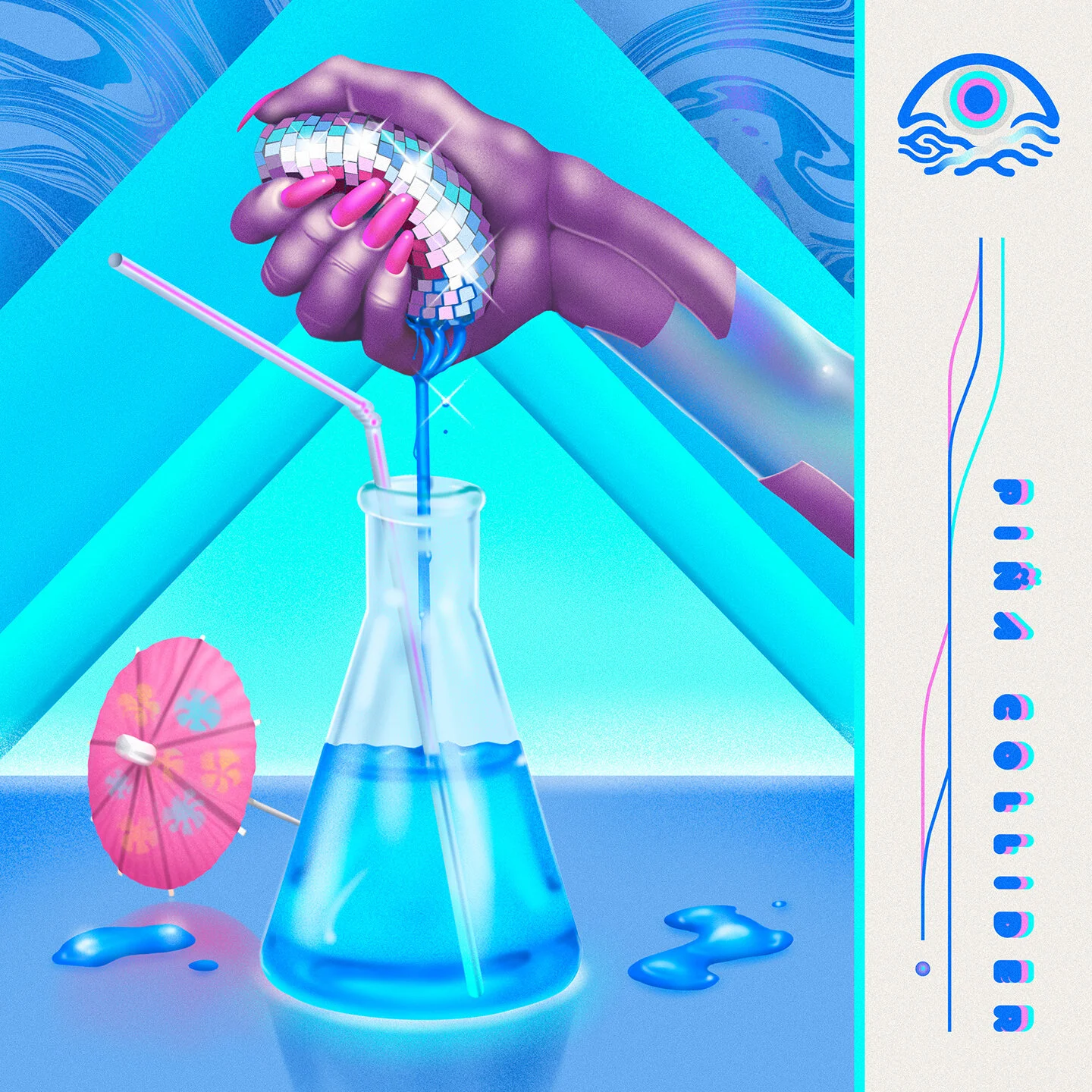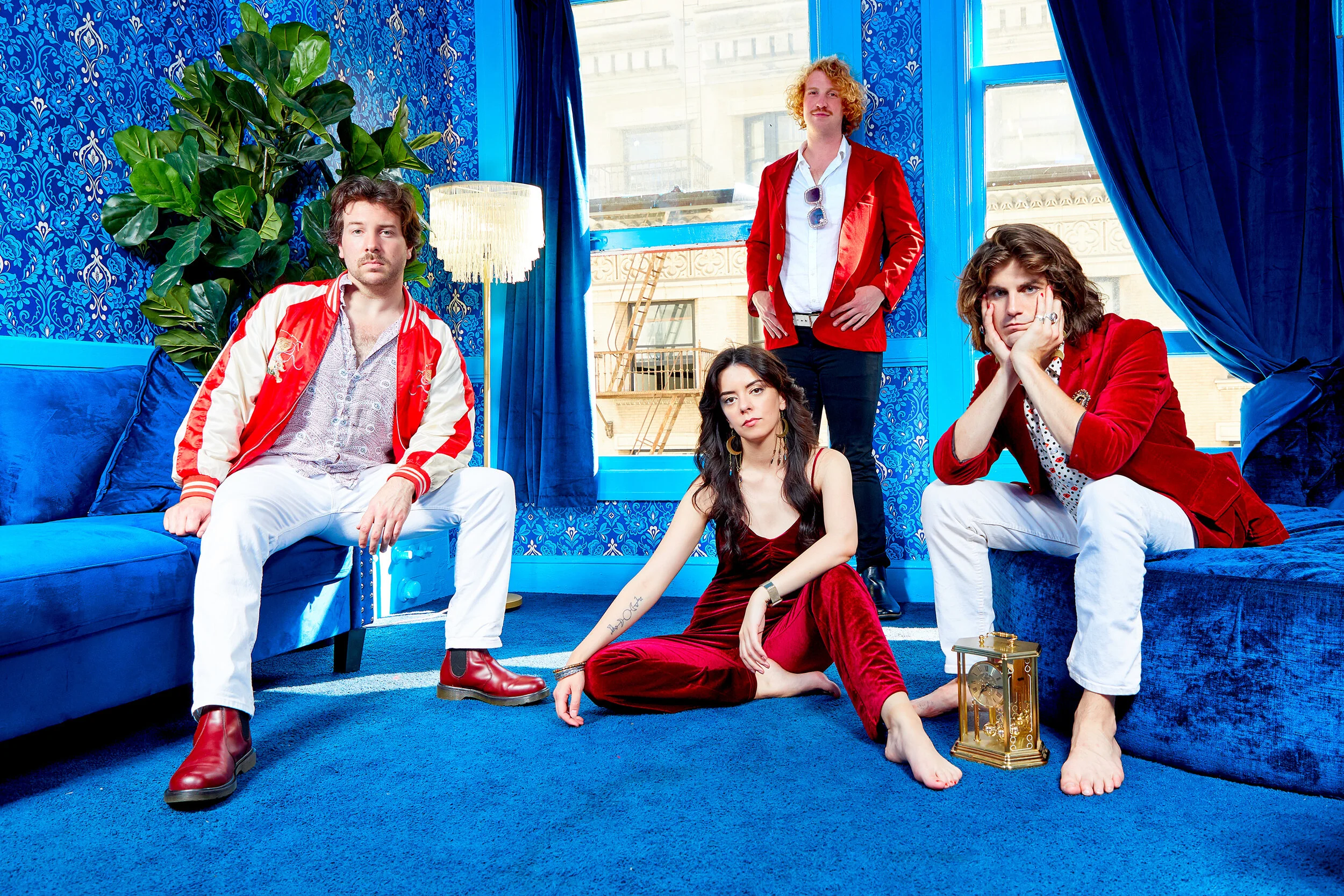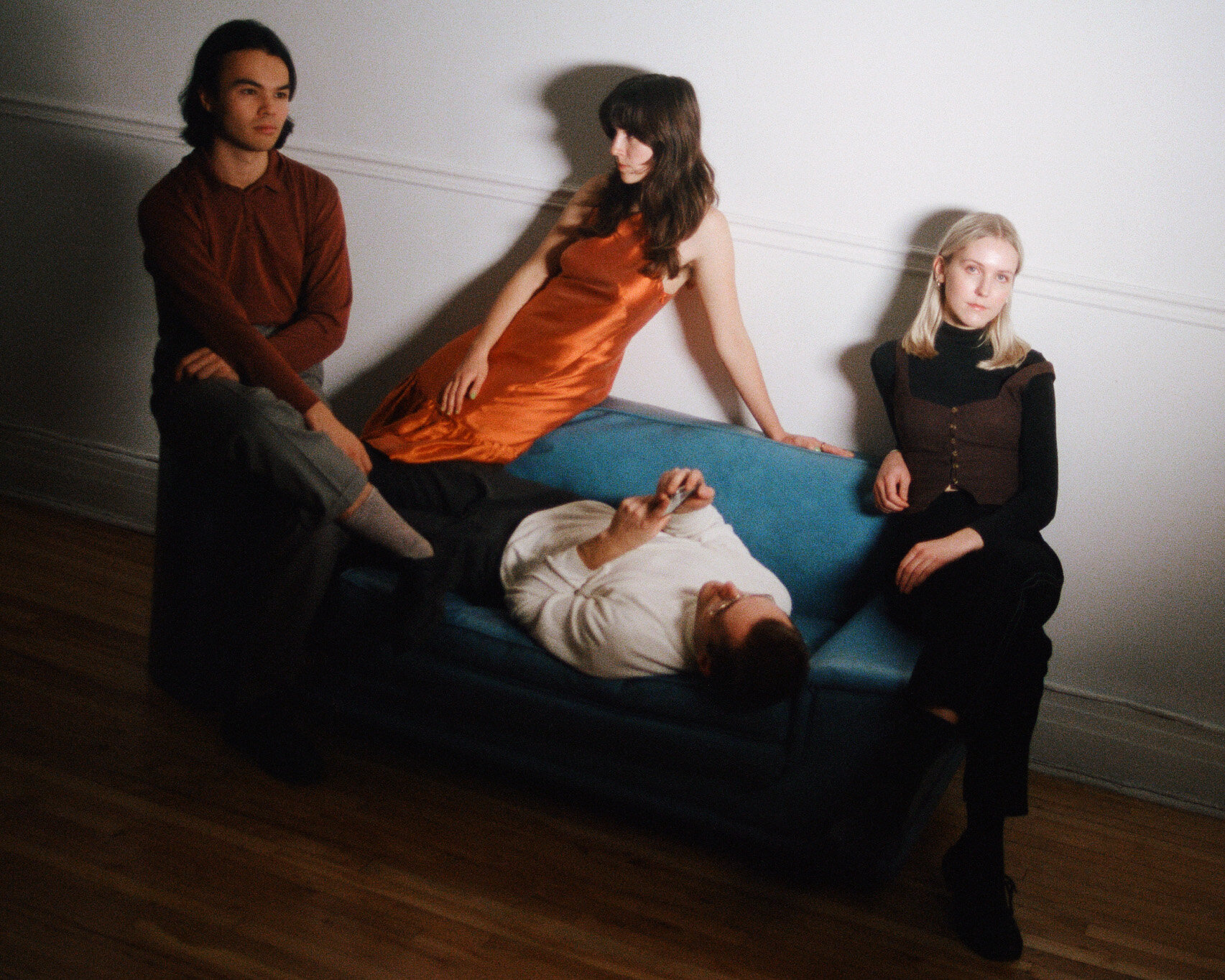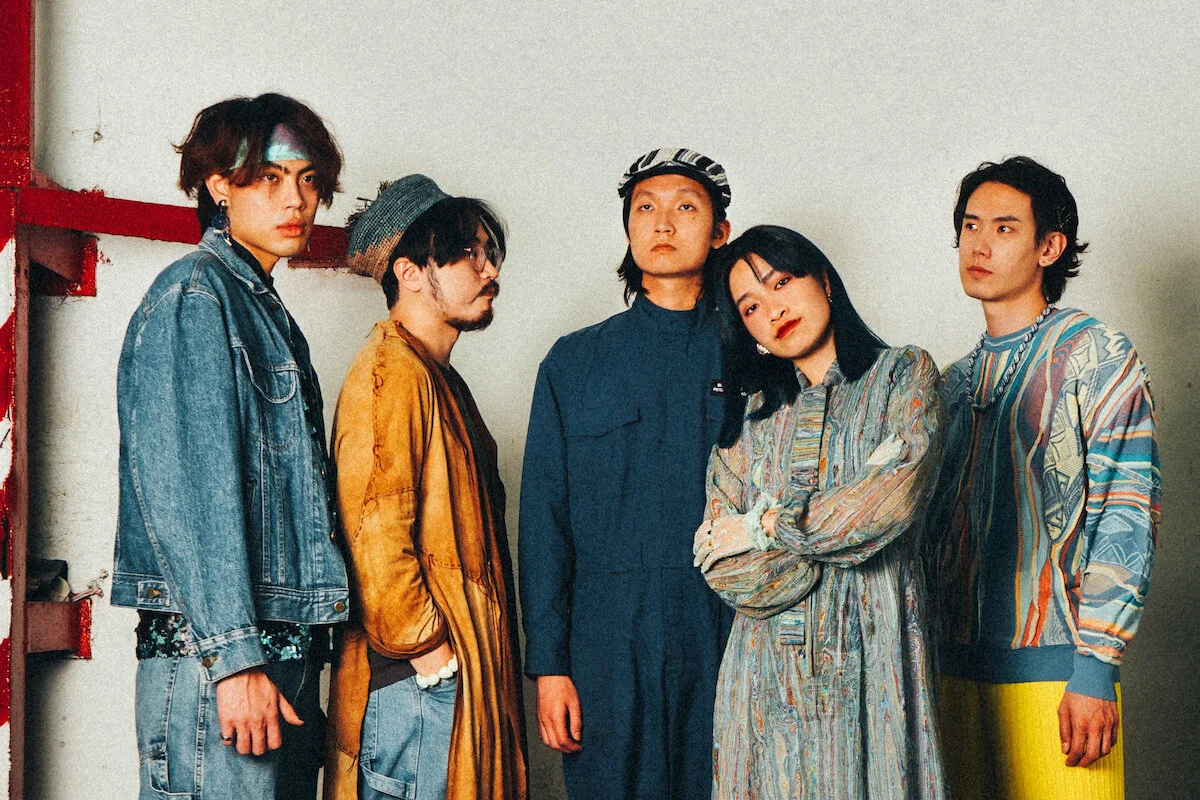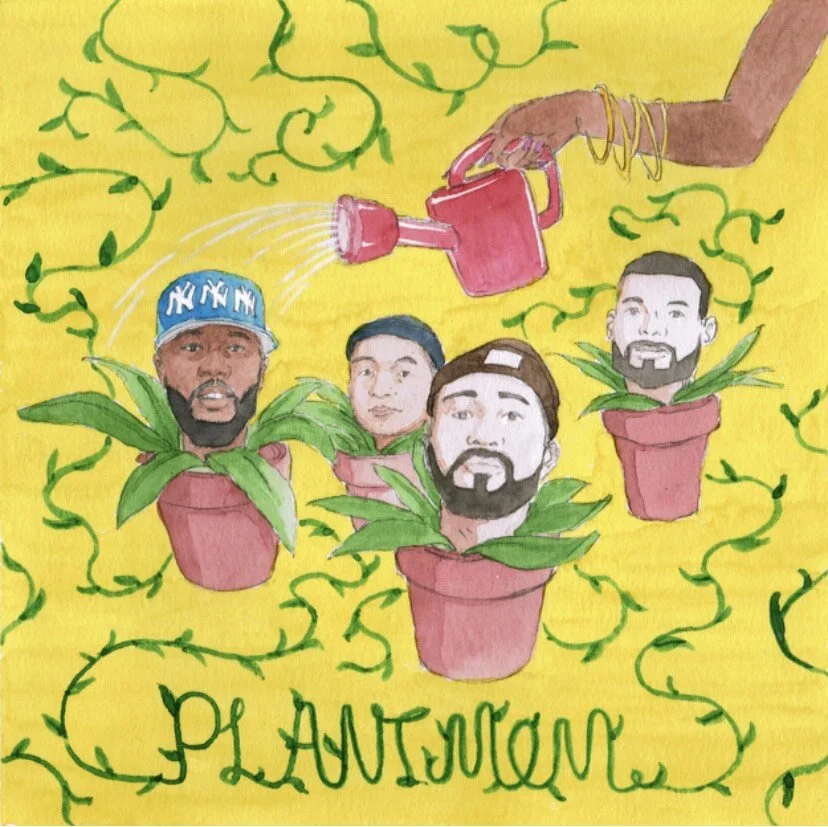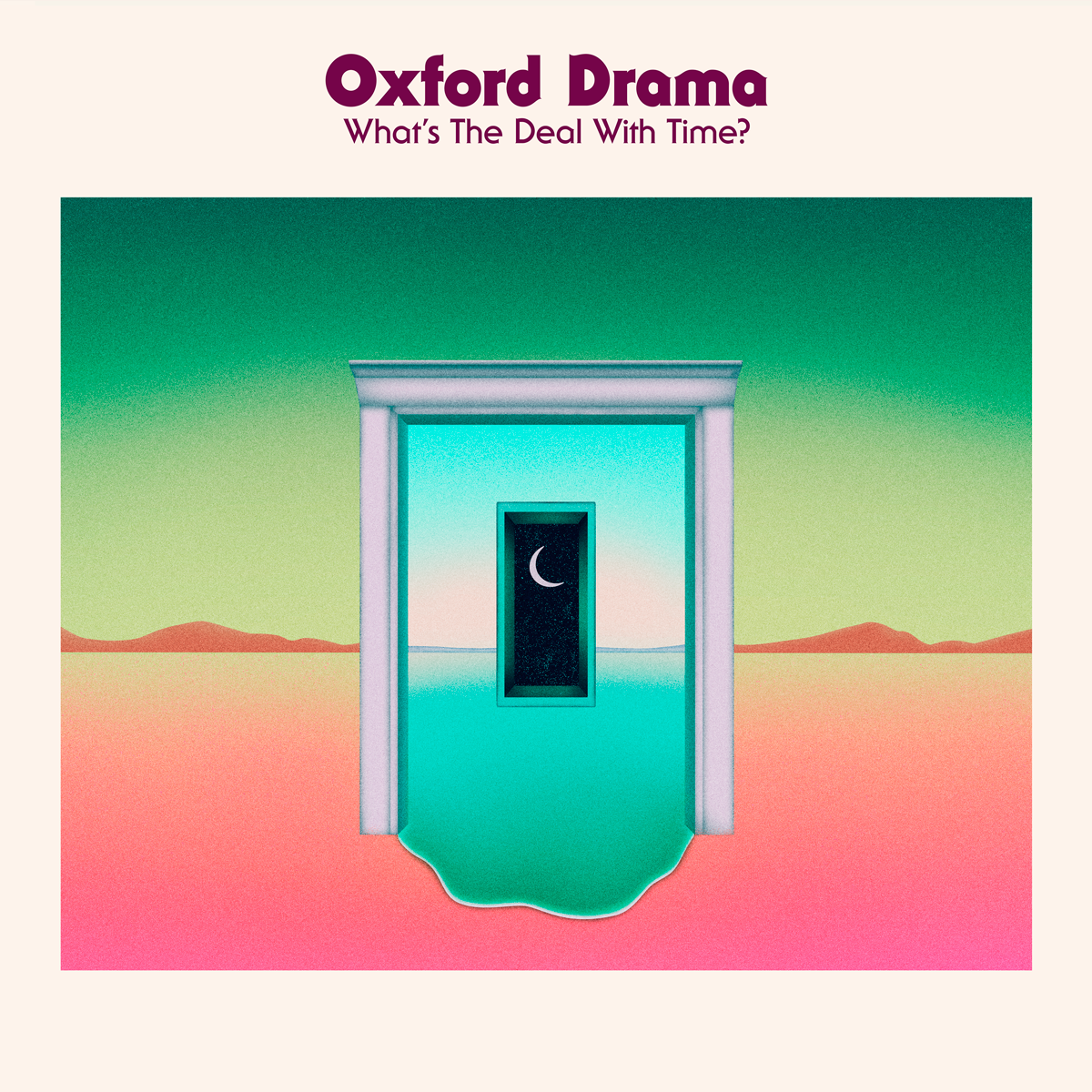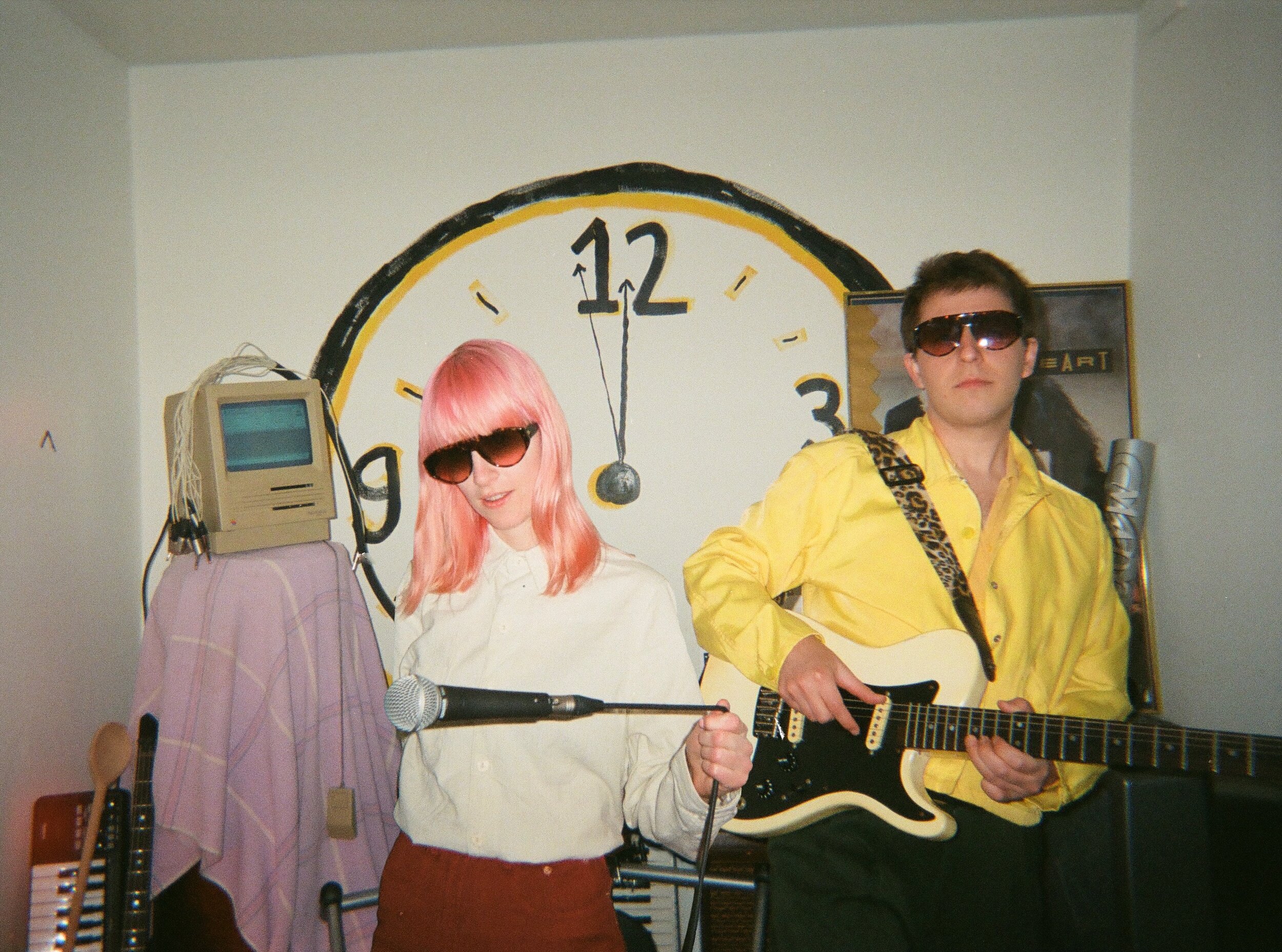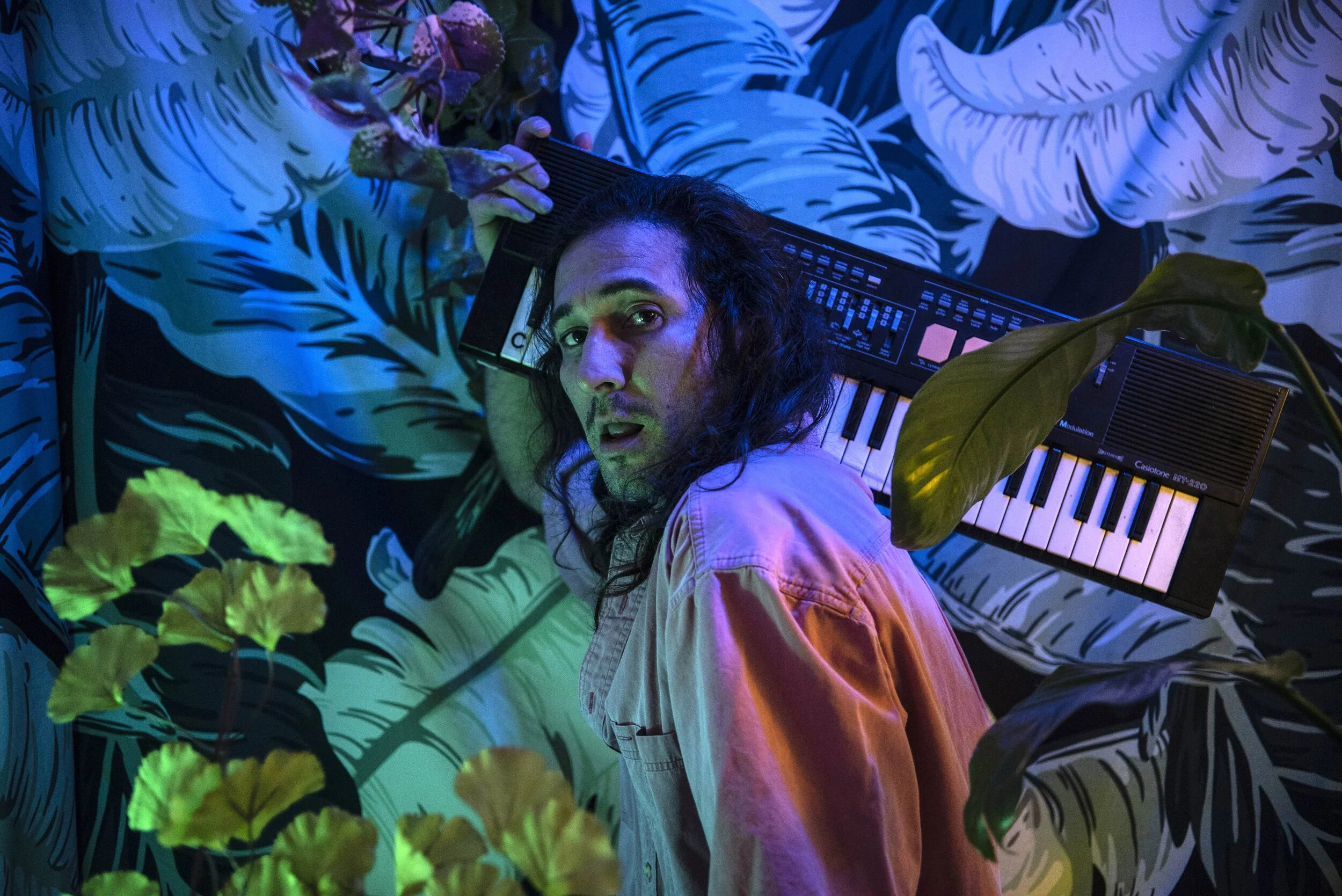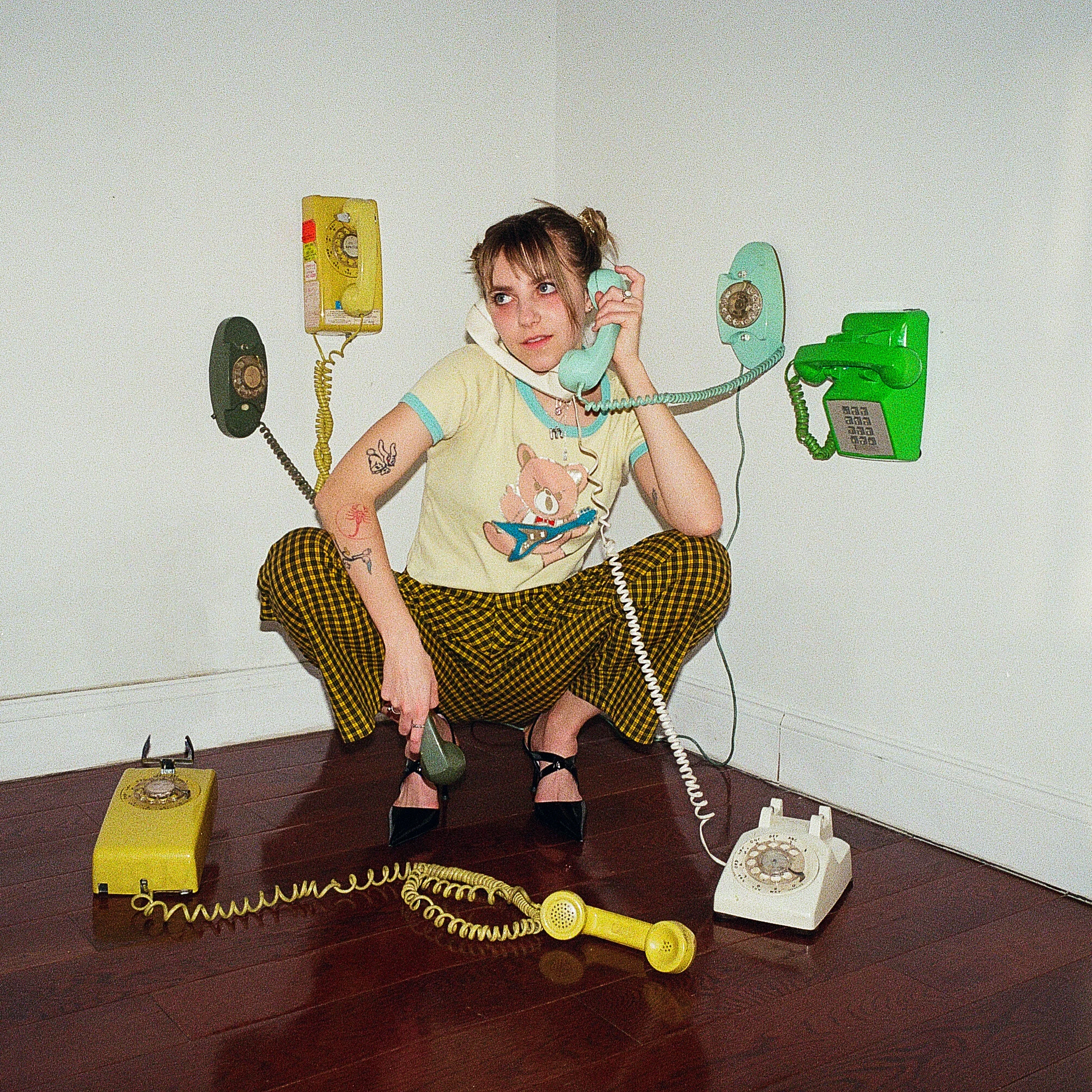Toronto's Indie Jangle-Pop Duo Ducks Ltd. Release "How Lonely Are You?" (Carpark Records / Royal Mountain Records)
Album artwork via Ducks Ltd.
It's getting to that point of the summer where it feels like all you can do is contemplate your life with your friends over some wine on a rooftop, wondering if and when things will ever get better. Discussing what we can collectively do to help, wondering if anything we do will make a difference at all, staring into the sunset, all while listening to indie jangle-pop.
Lucky for you, Toronto's Ducks Ltd.'s new single How Lonely Are You? is the perfect soundtrack for your mildly existential end-of-summer playlist. It's a follow-up to probably one of my favourite singles of the year, 18 Cigarettes. The single comes in anticipation of their debut album "Modern Fiction," which is set to release on Carpark Records / Royal Mountain Records on October 1st, 2021.
I had a chance to catch up with the band about Toronto's music scene, their upcoming album, and more.
via Ducks Ltd.
Malaika Astorga for Also Cool: Hi! Let's start at the beginning; you two met at a Dilly Dally show. How did you first get into that kind of music scene, and how do you think it's impacted your creative trajectory?
Ducks Ltd: I don't totally know to be honest! I was reaching back, trying to remember something that feels like an entry point of the first show or conversation. I think I first got into stuff in Toronto by going to what were mostly noise shows at a Senegalese restaurant in Kensington Market and playing in bands who played at that same Senegalese restaurant. It feels like it all happened very naturally once it started happening, though there were definitely a couple years when I first moved here where I was interested in playing music but couldn't really figure out what the "scene" was or how to get involved with it.
It's definitely been hugely impactful for me, though. In some not insignificant ways, getting involved in Toronto music completely changed the path of my life. I don't think I would still be seriously making music at all were it not for the people I have met in it. There's also something really helpful for my writing process in being in environments where people are doing and making interesting things. Not even directly picking anything up from them necessarily, but I'll often find the initial seed of something that becomes a song when I'm at a show watching another band. I don't really know how or why, but it will kinda knock something loose for me creatively.
Also Cool: What's the Toronto music scene like now? I know that amidst the rampant gentrification, many venues and projects have suffered, but I'm hopeful that there's still some DIY spirit leftover.
DL: It's sort of hard to say because there haven't been shows in so long, but I'm cautiously optimistic based on the way things were feeling in 2019 and the stuff I've been able to keep up with while everyone was apart. People tend to get all doom and gloom about it in ways that I often don't think really bear up to scrutiny (complaining about Toronto constantly is one of Toronto's more unfortunate cultural traits!), but the broader trajectory feels positive.
When I started being involved in music stuff here, the scene felt very cliquey, separated quite sharply along micro-genre lines. It was almost like a series of small scenes bumping up against each other, but pretty homogenous despite those delineations. I don't want to sound utopian or triumphant, as many things could and should be better, but I think overall, the scene is way more diverse and varied now. People support each other and collaborate more than they used to and are generally kinder. I think the artists are also, on the whole, more successful, both artistically and in terms of finding their audiences in the world outside the city, which is probably at least partly related to them being kinder and supporting each other.
I don't want to dismiss or minimize the problems of gentrification, which are obviously really significant issues with consequences that go way beyond music scene stuff. I guess I just don't really connect romantic notions about the Toronto scene of the recent past. It's definitely far from perfect now, but it feels like the music scene here is more inclusive than it used to be, and I think that can only be a good thing.
AC: You speak about "the courage to go on," which I think everyone is in need of right now. How do you find that courage for yourself, and where do you see it in others?
DL: Oh, I lack it almost completely! It's very much in my nature to give up and collapse into hopelessness at the first sign of adversity, though obviously, this is something I try to curb. Maybe I admire it so much because I don't always see it in myself. Still, I think that hope, and a sort of stubbornness of purpose when things are bleak, are some of the most beautiful human qualities.
I've been helping out a little with an organization in Toronto called the Encampment Support Network that formed over the pandemic. I think it's a quality that animates many of the people who are the driving force in that organization and also in many of the residents of the encampments. Any city or society, especially one as wealthy as this one, should be ashamed to have put unhoused people in this situation. Many of them spent the entire winter outside living in tents, and the governmental response to it has been to compound their initial callous indifference with intentional cruelty. It's such a bad and stupid situation that feels more or less intractable absent a complete change in the composition of the civic and provincial governments. But then the people involved in ESN work so hard for whatever little ways they can find to make the lives of their unhoused neighbours better, and the residents work so hard just to survive. They're so resourceful and brave and put up with so much bullshit that they meet with humour and optimism an amazing amount of the time. I mean, some of them are total assholes too, but you know, not as bad as John Tory!
AC: You're both big fans of niche 80s indie-pop labels. For those who may not be familiar, what are some of your favourite labels and bands of that era?
DL: I think the Go-Betweens are a big one for both of us. Evan introduced me to the band, and they're now one of my favourites. I really love The Verlaines a lot. It didn't end up working out, but we got in touch with Graeme Downes from that band to talk about him potentially arranging some strings for the album, which was really cool! He was super generous with his time and willing to discuss songwriting with me a bit which was wild as he's truly one of my favourite songwriters! I also really love McCarthy, a Marxist jangle-pop band whose members later went on to form Stereolab. Close Lobsters are another one who are a big deal for me. Foxheads Stalk This Land might be one of the two or three best jangle-pop records ever made, I think.
AC: I've been asking a lot of people this question lately, maybe out of a need for optimism, but I'm curious what your idealist vision of the future might look like?
DL: Ah boy! That's a tough one to answer in this format. In the interest of concision, I'm just gonna go with full communism!
AC: I love the sound of the album because it makes me feel like I'm drinking wine with friends on a rooftop somewhere in the summertime, about to go out for the night. How do you hope that people will experience your music?
DL: That sounds like an excellent context! I'm not sure the context is something I've given much thought to, really. It's extremely cool and a little overwhelming that people are listening to it at all. I feel like it could maybe be good driving music? I don't know! Thanks for listening to it, though!
AC: Lastly, what are your plans for 2021?
DL: We've got a few shows coming up, which is exciting, and we just started rehearsing with the full band again, which has felt amazing after not doing it for so long. We're hoping to get on the road a little more next year too, and we're gonna do some UK shows. We've got a few more unreleased things recorded that we might put out, and we've been talking about doing a covers EP. I just really want to set myself up with an opportunity to sing "Head On." Hopefully, Evan will indulge me in this!
If you love Ducks Ltd. as much as we do, be sure to catch them IRL at FME this year on September 3rd I Buy tickets
Ducks Ltd.
Facebook I Twitter I Bandcamp I Instagram
Malaika Astorga is the co-founder of Also Cool. She is a Mexican-Canadian visual artist, writer, and social media strategist currently based in Montreal.























